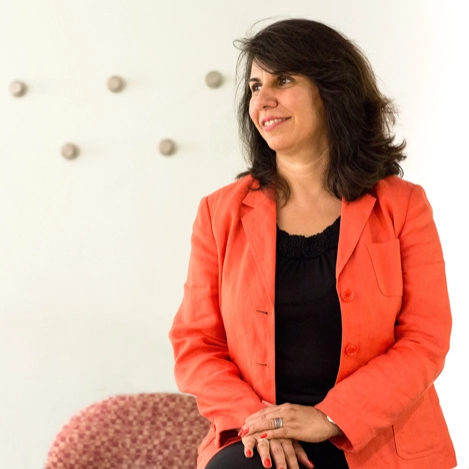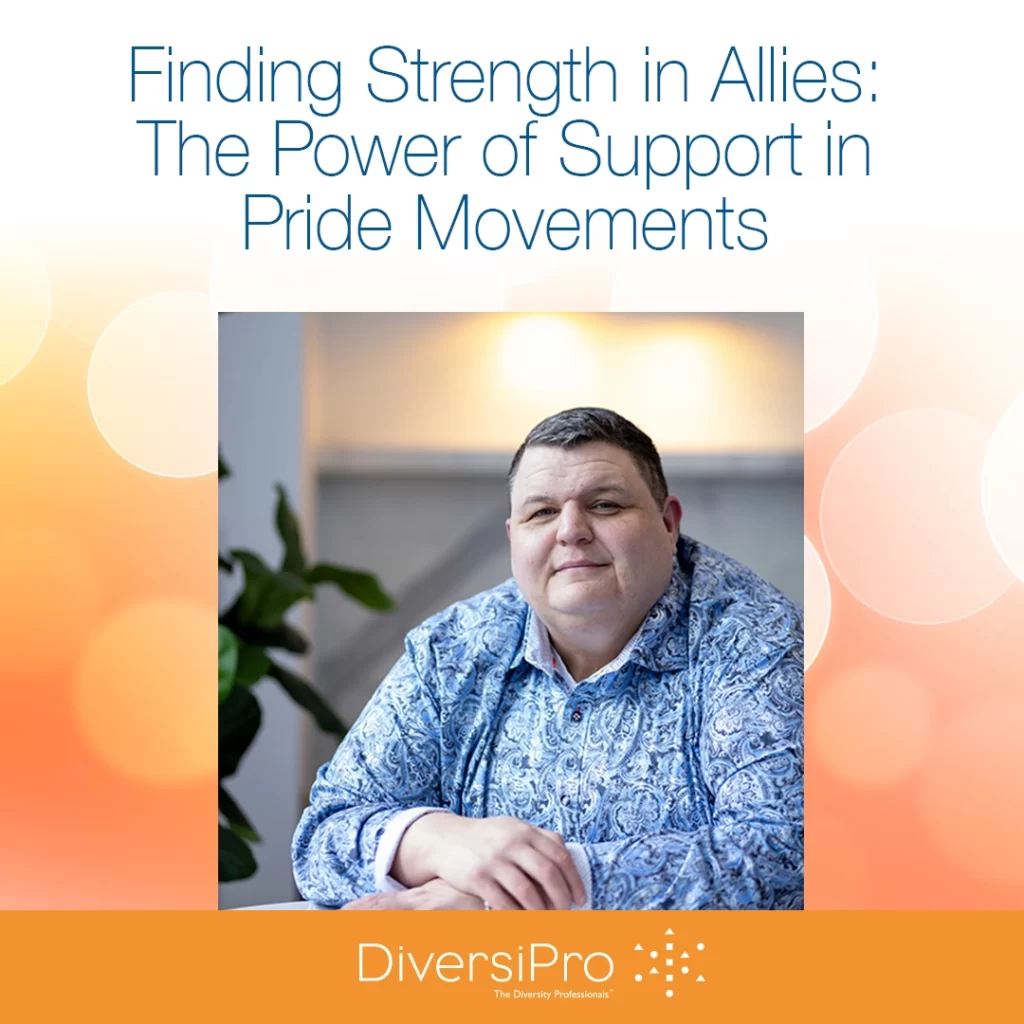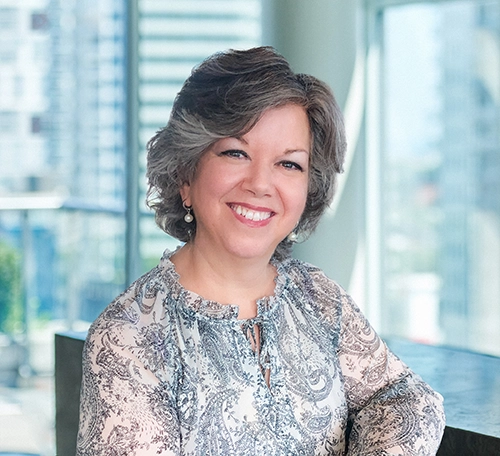ANTISEMITISM: What educators need to know and do

The goal of inclusive education and its inherent quest for equity and justice isn’t passive. It calls for us to join the struggle against all forms of racism and bigotry and to accept the responsibility to promote human rights for all our students and colleagues.
The Achuar Dream Culture and My Mother’s Death Process

It was my second week living in the Ecuadorian Amazon. I travelled by a 4-person Cessna 40 minutes into the first community, and then another 30-minute jungle flight into a second community. This was Achuar territory. This small community, which you could access only by plane or canoe had a distinctive open-air feeling, with a sunset that stretched beautifully along the Pastaza River.
Pursuing DEI Despite the Pushbacks

In recent times, there has been notable pushback against Diversity, Equity, Inclusion, and Social Justice (DEIJ) initiatives, with some people and groups expressing strong opposition to these efforts.
Our Story is one

Happy to be thriving in Canada’s culture committed to advancing Inclusion, Diversity, Equity, and Anti-Racism, Iren Kolterman invites us all on a journey of empathy. Reflect, remember and learn from the story of Ten Women of Shiraz who wanted nothing more in life than to practice freely their Bahá’í faith….
Finding Strength in Allies: The Power of Support in Pride Movements

Pride. What does it mean for me? It may sound simple, but it means I am free to be me.
I remember the first time I went to the Pride Parade in Toronto. Coincidentally it was World Pride as well—the first-time World Pride was held in North America. I was wandering around the different merchants and booths before the parade and ran into a group of people who were looking for volunteers to march at the head of the parade, carrying the flags of the world. I jumped at the chance.
The Reality of IDEA Must Include Accessibility

Nominated for the fourth consecutive year as Canadian Lawyer Magazine’s Top 25 Most Influential in the Human Rights category, Lorin MacDonald is one of Canada’s leading voices on disability issues. Over the last 30 years, Lorin has demonstrated her leadership, passion, and commitment to accessibility and inclusion in various volunteer and professional activities, all informed by her lived experience as a woman born with profound hearing loss.
